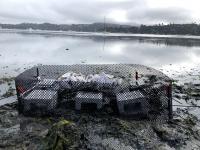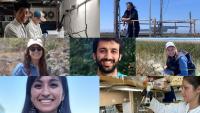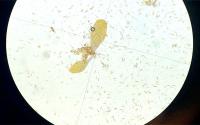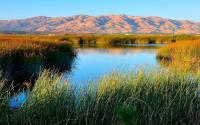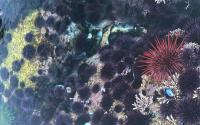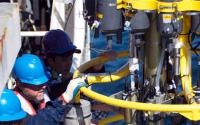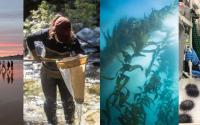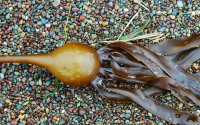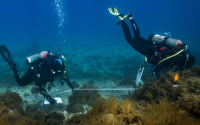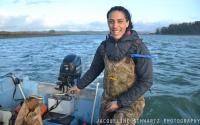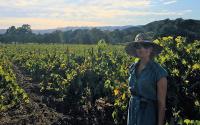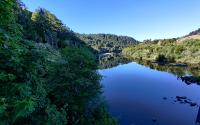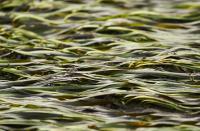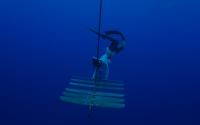Breadcrumb
News archives

A study of a marsh ecosystem grows into a consideration of what science can be
By embracing complexity and nuance, Chapman University’s Richelle Tanner is searching for a more inclusive and effective approach to biology
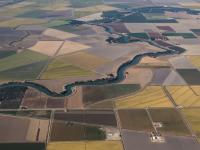
Pinning down the pesticides
The volume and variety of pesticides sprayed in California seem almost incomprehensible. Nonetheless, Delta Science Fellow Nicol Parker has built a model that can track their toxic spread
Study finds coralline algae are threatened by the dual stressors of ocean acidification and warming
These hard algae look similar to coral and are ecologically and economically important to kelp forest ecosystems
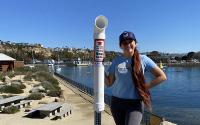
Reducing fishing line pollution one recycling bin at a time
California Sea Grant's NOAA Marine Debris Program Extension Fellow recently facilitated the addition of 50 new bins.
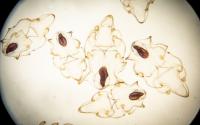
Baby sea stars and urchins reveal insights for kelp forest restoration
The tiniest of creatures are helping Sea Grant-funded scientists solve one of the biggest problems in the kelp forest crisis.

How math is helping restore bull kelp forests
By Gina Contolini, Kelp Management Extension Fellow, California Sea Grant
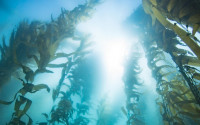
Can kelp ecosystems act as climate refugia for those seeking safety?
With the increasing pressures that climate change is exerting on kelp forests, researchers are looking into whether kelp forests can act as "climate refugia"—places where animals and plants can escape damaging impacts.
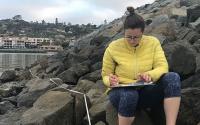
New study measures contaminant levels in feral San Diego Bay oysters
Pacific oysters are colonizing the San Diego Bay coastline, and new research shows that they may not always be safe to eat
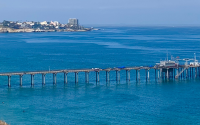
California Sea Grant welcomes Lian Guo as the new Research Coordinator
Lian Guo joins the team at California Sea Grant, which is based at Scripps Institution of Oceanography at UC San Diego.
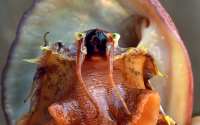
Bringing endangered abalone back from the brink
White abalone recovery is dependent on captive breeding to restock wild populations, but researchers face the threat of disease outbreaks and changing ocean conditions under climate change
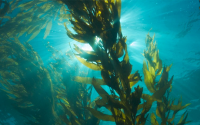
Reforesting California’s kelp forests, one pebble at a time
Kelp forests are under threat from climate change and other stressors, and new research seeks to simplify their restoration
